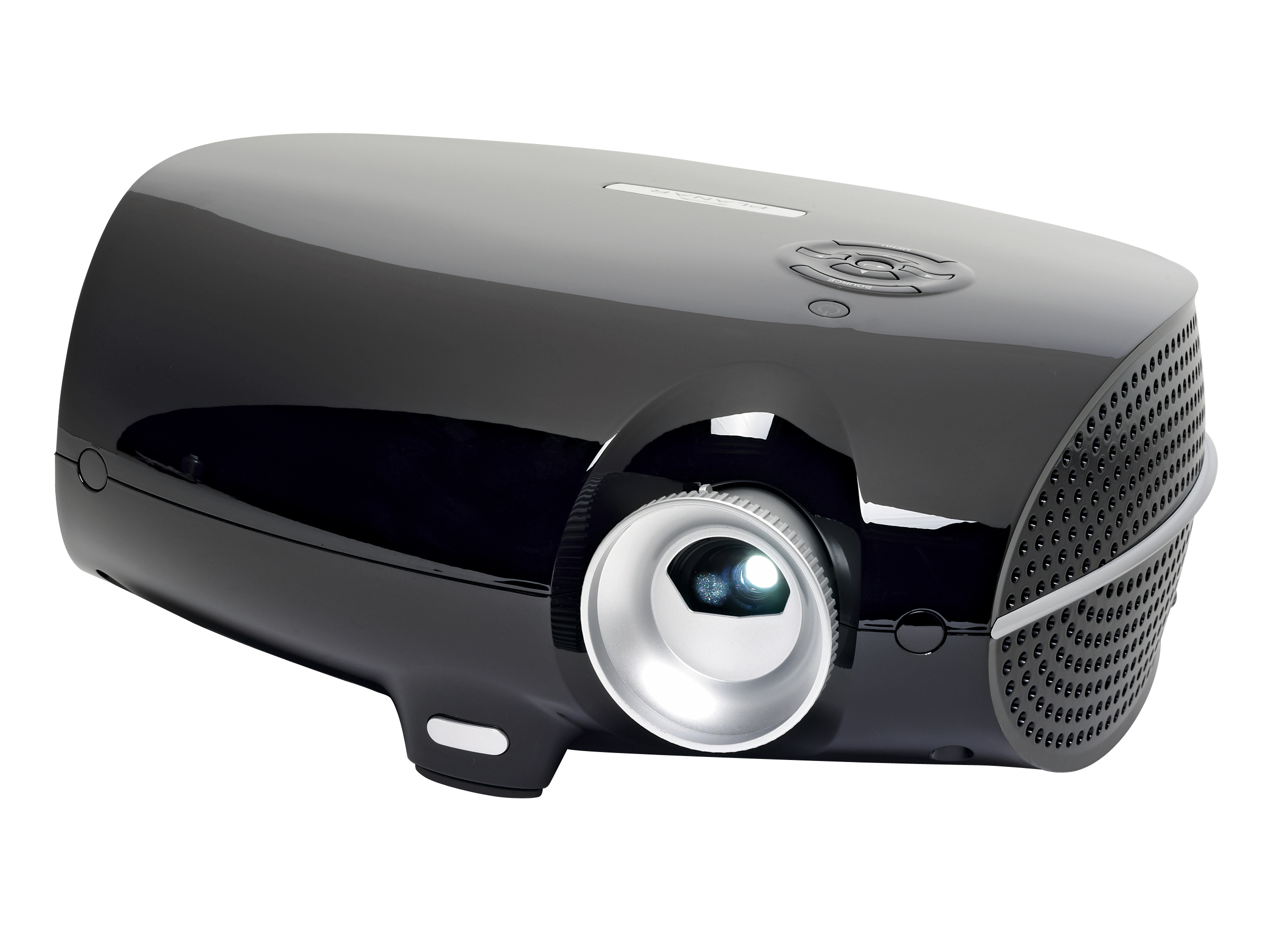TechRadar Verdict
Given the PD7060's impressive credentials and performance, it's safe to say that Planar is here to stay
Pros
- +
Black levels
Sharpness
Colour intensity
1080p compatible
Cons
- -
Limited optical zoom
Slightly noisy fans
Some rainbow effect
Why you can trust TechRadar
Given America's deep-seated love of all things cinematic and televisual, it's surprising that more US AV brands don't have a strong foothold in the UK market. But the bottom line is that few of them seem to know how to make mainstream UK cinephiles tick.
This is why we're shocked to find US brand Planar bursting from nowhere with a debut high-spec home cinema projector selling for what is, in the circumstances, peanuts.
That projector is the PD7060: an HD Ready model, using Texas Instruments' 1280 x 720 DarkChip 3 DLP system, and it's yours for just £1,750. What's more, as well as boasting the on-paper specs to get pulses racing, it's also something of a looker. The rounded edges, high-gloss black finish and silver trim will cut a pleasant dash in any living room.
Despite its pretty-boy looks, Planar isn't targeting the PD7060 at the 'shop shelf' market. Rather, it's marketing the PJ as an affordable option for custom installers. But fear not, if you want to buy one, UK distributor CSE Solutions will be only too happy to point you in the right direction.
The PD7060's custom install focus is evident among its connections; there's an RS-232 port for system integration, a USB port, and a 3.5mm remote control jack on offer. Of considerably more interest to your average AV Joe, though, are its two digital video inputs: one HDMI and one DVI.
Plus there's the inevitable component video input, a D-Sub 'VGA' PC port, a 12V trigger jack, and S-video and composite video lower-quality options.
The DarkChip 3 optical engine inside the PD7060 delivers a claimed contrast ratio of 3500:1, while the 'colouring in' here is performed by a six-segment, four-speed wheel.
Video processing comes courtesy of Texas Instruments. With many DLP brands preferring third-party processing from the likes of Pixelworks or Faroudja to TI's own efforts, here's hoping Planar's TI loyalty doesn't count against the PD7060's performance. At least, I'm told, Planar has spent considerable time tweaking the basic TI engine to get more from it.
The PD7060's long features list includes three lamp brightness settings; the option to turn overscanning off for greater image clarity while watching a native 720p source; source-dependent gamma presets; and three memory banks for storing picture setting configurations.
Horizontal and vertical keystone correction are on hand to get your image's edges straight, while vertical image shift provides a degree of flexibility.
The optical zoom is rather limited, though, meaning the projector may not suit every room size.
Any concerns I had about the PD7060's performance based on its price point and lack of third-party processing are quickly and comprehensively laid to rest.
High-definition sources look sharp and detailed. During the BBC's HD coverage of Wimbledon it was easily possible to delineate the separate tiny squares in the net, even from quite distant camera shots.
In Gears of War on the Xbox 360, you can appreciate the texture-mapping on both the characters and the backgrounds to an extent that DLPs at this price point seldom make possible.
The PD7060's HD sharpness is even more pronounced than that of the InFocus IN78, which provides this Planar with its closest direct competition.
Also extravagantly good for £1,750 is the PD7060's black level. The demo-worthy scenes where The Bride is buried alive in Kill Bill Volume 2 are made highly watchable by the Planar's resolute refusal to grey over even pitch-black areas. I've seen projectors, which are twice as expensive, fail to deliver such depths of black.
Colours are good too, combining impressive intensity (evident with colour-rich HD games like Forza 2 on the Xbox 360) with, for the most part, likeably natural tones. Dark scenes sporadically throw up a slightly ugly hue - such as a few sickly skintones during the Mines of Moria sequence in The Fellowship of the Ring.
But these can be minimised by careful image calibration and are far from serious considering everything else you're getting for the price.
Inevitably, the PD7060 isn't perfect. I've already mentioned the occasional colour inconsistency; there's also some evidence of DLP's notorious rainbow effect, and the extravagant depth of the black level can come at the expense of shadow detail subtlety.
And those with sensitive ears beware, - the projector runs slightly noisily, getting up to 30dB in normal mode.
Other than the above niggles, it's hard to blame the PD7060 for much at all. Planar has hit the ground running in the UK with a projector so good it really only has one DLP competitor at its price point, InFocus' IN78.
That model arguably delivers a slightly more seamless, cinematic picture, but if you want an affordable PJ that really puts the definition in high definition, then this is it.
Tech.co.uk was the former name of TechRadar.com. Its staff were at the forefront of the digital publishing revolution, and spearheaded the move to bring consumer technology journalism to its natural home – online. Many of the current TechRadar staff started life a Tech.co.uk staff writer, covering everything from the emerging smartphone market to the evolving market of personal computers. Think of it as the building blocks of the TechRadar you love today.
